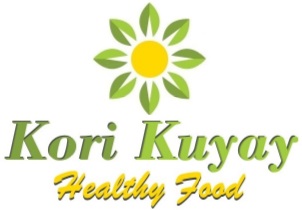CERTIFICATIONS |
Because quality is the most important for us, our products have the highest quality standards and guarantee 100% traceability. |
 |
USDA ORGANIC Organic certification ensures the generation of a product, under processes according to ecological and / or environmental standards, from the field to the market. In other words, organic certification guarantees the traceability of a product, generated under organic and sustainable production schemes. |
 |
HACCP / HACCP (Hazard Analysis and Critical Control Points) It is a management system that addresses food safety through the identification, analysis and control of physical, chemical, biological hazards and ultimately radiological hazards, from raw materials, the processing stages to the distribution and Consumption of the finished product. HACCP is designed to prevent, reduce or eliminate potential biological, chemical and physical damage to food safety. |
 |
EUROPEAN CERTIFICATION Organic certification for agricultural products, livestock, wild harvesting, inputs for organic agriculture, under EU 834/2007 - EU 889/2008 for the European market. The European organic certification is based on the organic production standards: EU 834/2007 - EU 889/2008, created by the European Economic Community. This certificate is required for customers wishing to export their organic production to Europe, even if they have certificates for other countries. |
 |
FDA (Food and Drug Administration) FDA is responsible for protecting public health by ensuring the safety and efficacy of drugs for humans and animals, biological products, and medical devices, food supplies from the United States, cosmetics, and radiation-emitting products. In other words, its global commitment initiative ensures the quality and safety of products before arriving in the United States. |
 |
JAS (Japanese Agricultural Standard) |

Cell Phone: (+51) 989875536 - 951201874 E-mail: sales@peruhealthyfood.com Website: www.peruhealthyfood.com |Lima - Perú| |
Copyright © Peru Healthy Food - Web Design By: Waqui.Com |
